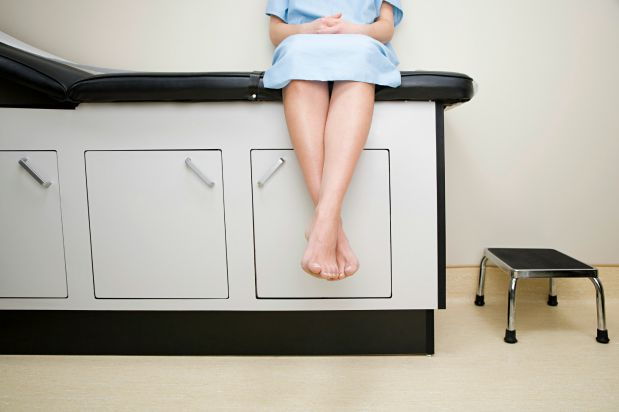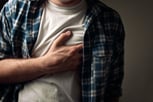The Covid pandemic may be contributing to an 'off the charts' surge in alcoholic liver disease, particularly among women, according to doctors' first-hand accounts, NPR reports.
Alcoholic liver disease often takes years to manifest, but it can emerge more quickly, especially for women who tend to suffer the negative accumulative effects of problematic drinking faster than men do because of their smaller body masses.
What is Fatty Liver?
One form of liver damage due to alcohol is known as fatty liver—a condition in which alcohol contributes to fat deposition in the liver. Heavy drinkers are more at risk, although any form of alcohol consumption can deposit fat in the liver temporarily. It’s a condition that should be taken seriously as it is known to be an early stage of alcohol-related liver disease (ALD).
The good news is that fatty liver is reversible and can be stopped before the progression becomes worse. Those with fatty liver or ALD must quit drinking in order to begin to reverse the effects.
Cirrhosis
Another more serious form of liver disease is cirrhosis, which is caused by heavy alcohol use. Chronic alcohol use can raise one’s risk of cirrhosis by causing inflammation and fatty liver. Jaundice, fever, abdominal pain, and tenderness are all symptoms of cirrhosis or alcoholic hepatitis.
Cirrhosis happens when scar tissue replaces healthy liver tissue as a result of long-term damage. Because the scar tissue distorts the liver, it causes problems with blood flowing through to the liver. Once cirrhosis has developed, it usually cannot be reversed, but the inflammation and fatty liver can be reversed with abstention from drinking, as long as there is no fibrosis present.
Treatment for Fatty Liver and Alcohol-Related Liver Disease
Treatment methods for fatty liver and other alcohol-related liver diseases vary. For those with fatty liver, quitting drinking will usually alleviate the condition and return the liver to normal. For alcoholic hepatitis, drinkers should stop drinking immediately in order to halt or negate the damage. Over time, quitting drinking may help to reverse some or all of the effects. In fact, cirrhosis—the most serious form of liver damage—may also be repairable in some cases, but only after the individual has quit drinking over a period of time. The length of time drinking, the extent of damage, and the severity of symptoms all play a role in the possible reversal of cirrhosis.
The Liver and Alcohol Use
Alcohol is a toxic substance that can be deadly when consumed in large amounts. The liver’s job is to filter out all of the toxins and bacteria that enter the body by way of food, environment, or liquid. After drinking, free radicals and other byproducts are deposited into the liver as the alcohol is broken down.
Chronic alcohol consumption on a daily basis over a steady course of years is almost guaranteed to have some effect on the liver. Because the liver is such a resilient organ with the ability to regenerate, signs of severe alcohol damage to the liver or liver disease symptoms may not be apparent until the damage has come to a considerably progressed state.
Long-term alcohol use is one of the main causes of illness and death due to liver disease. Because the liver is the main organ that processes alcohol, it is especially dangerous for heavy drinkers to continue to use alcohol, as this can result in irreversible damage.
If you have been drinking heavily, it’s important to be aware of the damage that alcohol causes to your liver. Remember, mild forms of liver damage don’t always show up right away. It’s best to get checked by a doctor and curb your drinking habits before your health worsens.
|
If you or someone you know is seeking help from addiction, please visit our directory of treatment centers or call 800-891-8171 to speak to a treatment specialist. |








